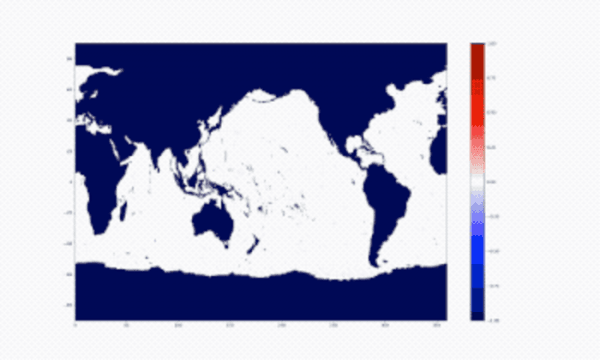This feature was provided by the University of Rochester.
Ocean currents, propelled by kinetic energy from the wind, are the great moderators of our climate. By transferring heat from the equator to polar regions, they help make our planet habitable.
And yet, the large-scale models used by scientists to study this complex system fail to accurately account for the impact of wind on the ocean’s most energetic components: swirling, mesoscale eddies. These temporary, circular currents of water 50 to 500 kilometers in size are critical to determining the trajectory of larger ocean currents like the Gulf Stream.
In a recent paper in Science Advances, researchers from the University of Rochester and Los Alamos National Laboratory document for the first time how the wind, which propels larger currents, has the opposite effect on eddies less than 260 kilometers in size—resulting in a phenomenon called “eddy killing.”
Read more at American Physical Society
Image: Wind and ocean map using satellite observations. (Credit: University of Rochester)


